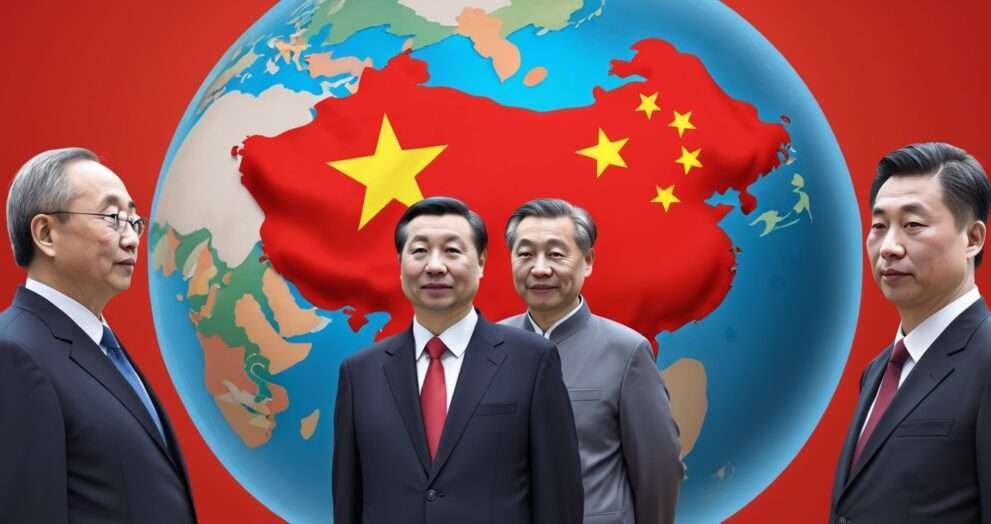Challenges Facing the BFSI Sector: A Review of Q1 2024
The BFSI (Banking, Financial Services, and Insurance) sector is the base structure for recent economies, which incorporates transactions in the financial field, risk management, and investment. But the Q1 (First Quarter) of 2024 has been considered as below-average growth for this important sector. This article will look into the corresponding data, variables associated, and possible observations that led to the downfall of the BFSI Sector. Reasons for Lower-Than Average Q1 Growth Macroeconomic Conditions Inflation: Consistently high inflation rates have resulted in cost incrimination for businesses and reduced the spending power of consumers. This BFSI sector, mainly banks and insurance sectors, has taken a big hit as the defaulting rate has increased and the premium collection power has reduced due to these high inflation rates. Interest Rates: Central banks throughout the world have increased interest rates to counteract the rising inflation rates. Higher interest rates curb the borrowing and investment activities of banks, which slows down sector growth despite boosting bank profits. World Politics War: Ongoing tensions in world politics, like the war between Russia and Ukraine, have shaken global trade and financial markets. This unreliability leads to safe lending and investment outlooks in the BFSI sector. Supply-chain Instability: This sector is heavily dependent on stable economies. Any changes in the supply chains lead to heavy volatility in the markets, increasing risks and reducing stability for investors. Disruptions in Innovations Competitions Rising from FinTech’s: The emergence of new fintech firms offering technologically advanced solutions has intensified competition in the market. Existing fintech firms are struggling to cope with these new competitors to maintain profitability. Threats Arising from Cybersecurity: The BFSI Sector is transitioning to digital platforms, which, while beneficial, also introduces risks. Increasing cyberattacks and breaches of security result in financial decline, reduced profits, and eroded trust. Major Statistics and Data Banking Services Loan Growth: According to recent statistics, the growth in loans reduced from 4.1% in Q1 2023 to 2.3% in Q1 2024. This decline is attributed to higher interest rates and decreased consumer repayment power. NPL: Non-performing loan (NPL) ratios have increased to 5.2% from the previous quarter’s 4.8%. This indicates rising defaults and a riskier credit market. Financial Institutions Investment Banks: Revenue generated from investment banks decreased by 8% year-on-year. This drop is due to market uncertainty and a reduction in advisory deals closed by these institutions. Asset Under Management (AUM): AUM saw stable growth of 1.8% in Q1 2024, down from 3.5% in the same period last year. Market volatility has led investors to prefer safer products. Insurance Sector Premiums: The insurance sector experienced a 1.2% rise in premium collections, less than the 3.7% increase in Q1 2023. This slowdown is due to increased consumer spending and reduced premium payments. Claims Ratio: The claims ratio increased to 72% from 68% in the previous quarter, indicating higher payouts relative to premium collections. The lower-than-average Q1 growth for the BFSI sector in 2024 is a result of macroeconomic conditions, world politics, and disruptions in innovations. While the immediate results are negative, the sector’s resistance and adaptability could pave the way for a rebound. Stakeholders must remain hopeful and strategize for a long-term outlook in this sector.











